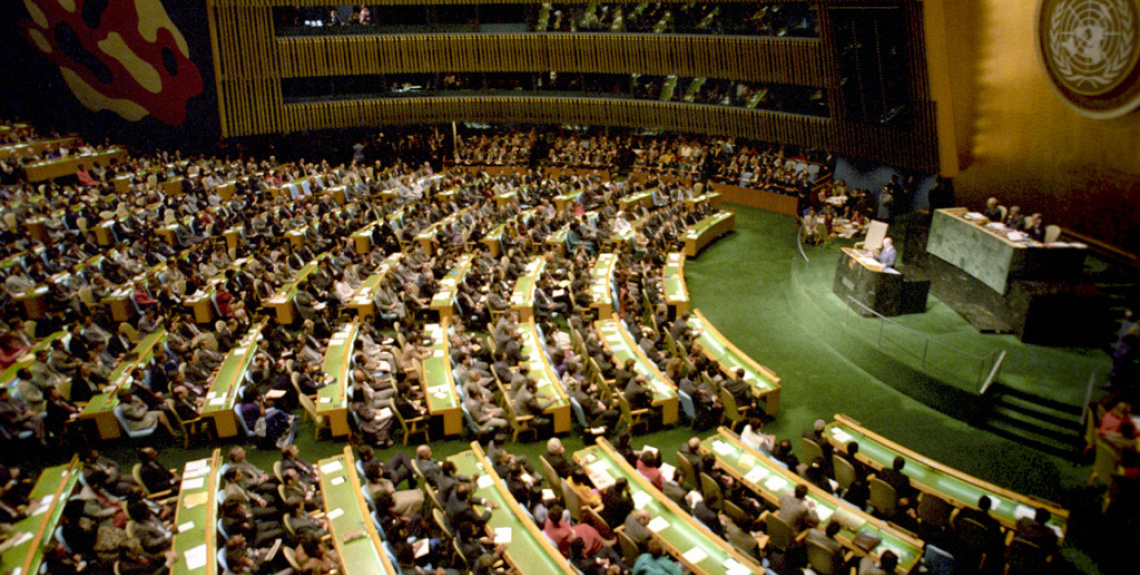Building on the outcomes of various events organized these last months as well as the practical experience of members, our Committee sent a formal contribution to the next report the Special Rapporteur on Housing is developing to address the impact of COVID-19 on the right to housing guarantee. The CSIPDHR contribution contains a compilation of good practices and key messages for advocacy delivered during the #BeyondTheOutbreak Live Learning Experiences on housing and informalities, as well as the virtual meeting of the Community of Practice on Housing of UCLG. The final report by the UN Special Rapporteur will be presented in the next UN General Assembly.
The UCLG-CSIPDHR contribution emphasized the connection between pre-existing housing vulnerabilities and the current social crisis triggered by the COVID-19, as well as the serious limitations faced by local authorities when trying to address these challenges. However, the past UCLG events have also highlighted how many local governments are also ready to seize this opportunity to push for structural transformations in the way housing action is conceived and implemented at the local level: from promoting renewed frameworks of public-private cooperation to bolstering social housing investment. In perspective, local and regional governments are convinced housing must continue to play a key role in the #BeyondTheOutbreak conversation.
The contribution was a good opportunity to showcase several good practices implemented by local and regional governments during these last months of fight against the pandemic and its direct consequences over local communities. Local and regional governments from Washington DC to Barcelona and Bogotá to Victoria have put in place rental assistance programmes and moratorium of evictions aimed at preventing evictions and a sudden rise of homelessness. Others have focused in expanding available social rental housing and bolstering public housing strategies, as in the case of Paris and Montreal, while London and Vienna have focused on providing emergency accommodation for people who are homeless.
[Read the UCLG-CSIPDHR contribution here]
ousing-related strategies have also dealt with the way the pandemic and quarantine measures have affected households and exacerbated pre-existing phenomena that negatively affected the lives of residents. For instance, governments like Pichincha and Valencia came up with innovative ways to tackle the rising figures of gender violence and find more effective ways to protect victims. Other cities established sound solidarity networks - most of the time thanks to good cooperation schemes with civil society and local communities - to protect elderly people, poor households or migrant residents in situations of vulnerability, as in the case of Mexico City, Montevideo and Sfax respectively.
Our Committee will continue to foster local government debates on housing and COVID-19 in connection to the emerging priorities expressed by members as well as the framework posed by the Cities for Adequate Housing Declaration. It will also make efforts to articulate more systematically local government mobilization on this matter with the UN Human Rights system, including the OHCHR and the UN Special Rapporteur on Adequate Housing, as well as other institutions and stakeholders involved in global housing governance.


